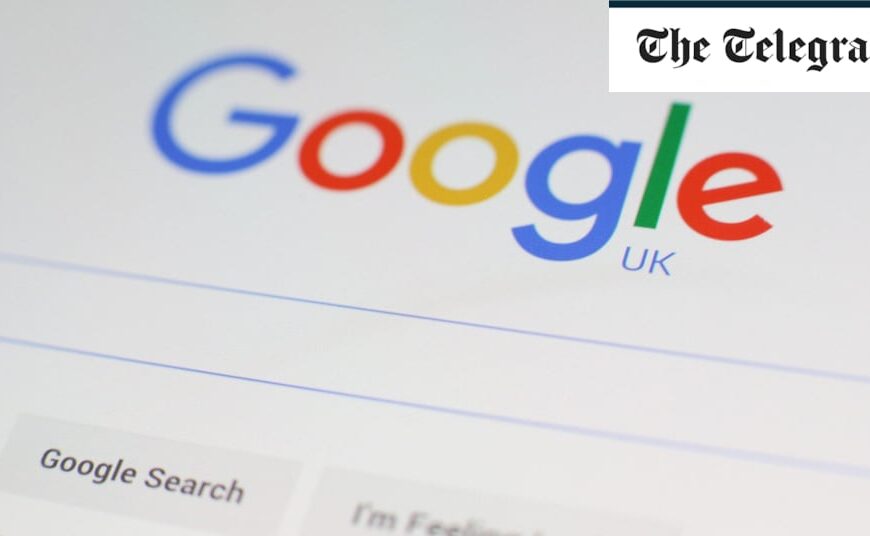Google is contemplating the introduction of fees for AI-powered search services, marking a significant departure from its traditional free model. This potential shift represents a major strategic change for the tech giant, owned by Alphabet, as it explores monetizing premium search functionalities enhanced by artificial intelligence technology. The consideration to monetize certain advanced search features comes amidst the company’s efforts to leverage the AI revolution in technology while safeguarding its primary revenue source derived from advertising.
One of the primary concerns driving this strategic evaluation is the rise of AI chatbots, which could potentially diminish the reliance on conventional search engines like Google. By enabling users to directly request information instead of conducting searches, there is a risk of bypassing Google’s platform and depriving it of valuable user data. To address this challenge, executives are deliberating on the option of offering AI-powered search capabilities as part of premium subscription services, such as the existing Gemini AI assistant integrated into Gmail and Docs.
While engineers are actively working on the necessary features to support this transition, a final decision regarding the implementation timeline has not been reached. The current proposal suggests that Google’s core search engine will continue to be freely accessible, with the potential introduction of paid AI search features to complement its existing offerings. A Google spokesperson emphasized that the company is not pursuing an ad-free search experience but rather focusing on enhancing subscription services through the introduction of innovative capabilities.
Over the years, Google has consistently evolved its search functionality to align with user preferences and behaviors, particularly through advancements in generative AI technologies. Despite facing competition from successful AI models like ChatGPT, Google remains committed to refining its own AI chatbot, Gemini, to cater to diverse user needs effectively. However, Gemini faced criticism for prioritizing diversity and politically correct responses over factual accuracy, leading to instances like the controversial generation of culturally diverse depictions of historical figures.
In response to such incidents, Google temporarily suspended certain features of the chatbot and acknowledged the need for improvements. The company’s dedication to enhancing its search capabilities through AI innovations underscores its commitment to adapting to evolving user demands and technological advancements. As Google continues to explore new avenues for revenue generation and user engagement, the integration of AI-powered search features into its premium services could represent a strategic evolution in its business model, ensuring competitiveness in an increasingly AI-driven landscape.










